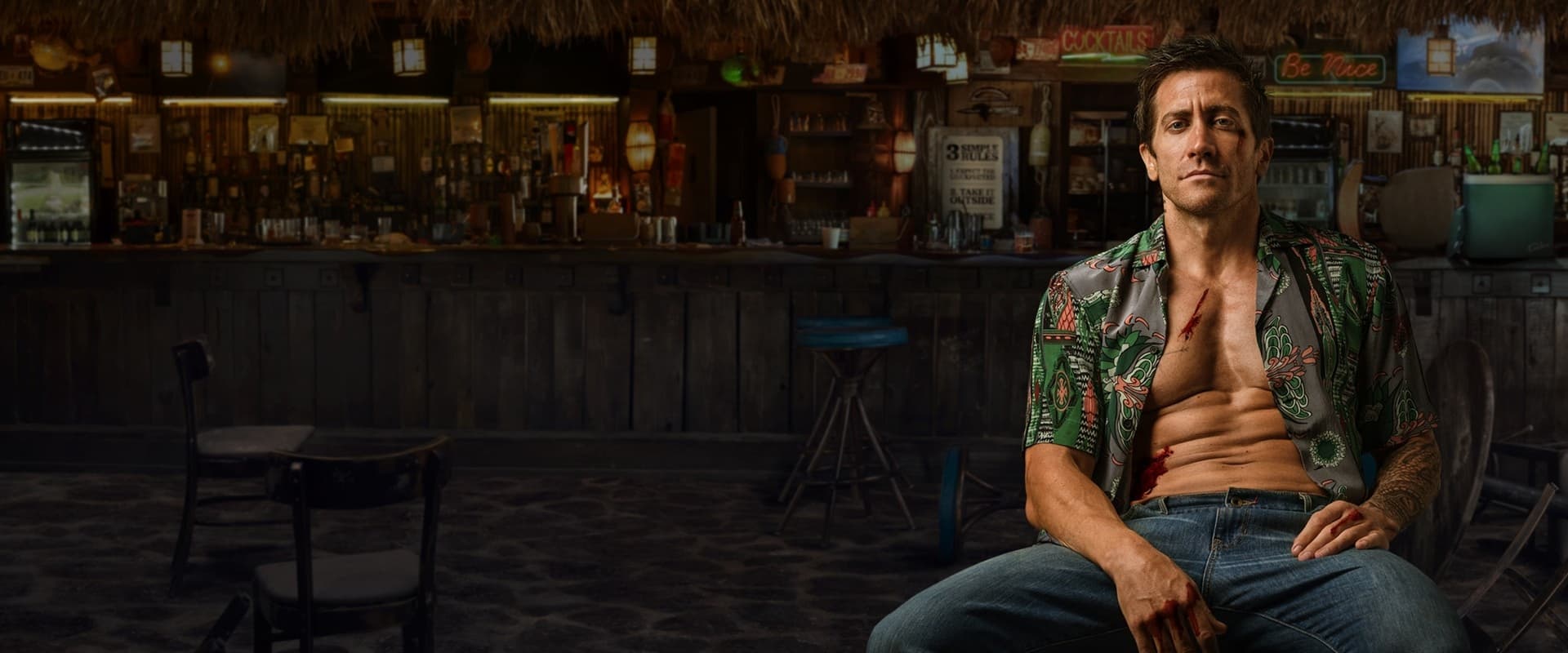Somewhere between the battered neon nostalgia of the original “Road House,” with its Patrick Swayze, Zen-and-fisticuffs swagger, and the pulse of high-gloss, 2024 bombast, I settled into my seat, half-expecting that singular jolt movies sometimes deliver—the kind that reminds you you’re watching a piece of pop detritus turned, against all odds, into folk art. There’s a peculiar ache that comes with these remakes: will the new kid on the block dare to dance like Swayze, or just step on my toes?
Doug Liman, that seasoned conjurer of kinetic stunts and jittery camera chic, lines up his shot with Jake Gyllenhaal as our new Dalton—this time rechristened Elwood, because nothing says “fresh take” like a name straight from a blues band. Conor McGregor, brimming with riotous charm and genuine lunacy, is unleashed as Knox. Yes, Conor McGregor, making his “acting debut,” which sounds like a threat when you say it quickly. What I didn’t expect was that the film would be so buoyant and surefooted—a movie that doesn’t just wink at its predecessor but shakes off the dust and wades, brawling, into its own strange, sun-bleached fever dream.
From the jump, Liman’s “Road House” sucks us into the kaleidoscopic grime of the Florida Keys—joints too pretty and dangerous to be trusted, where the light’s so bright you suspect even the sweat sparkles. Gyllenhaal’s Dalton, a once-and-maybe-future UFC champ, stalks through it all looking battered by fate, existentially bruised, and yet—like all Hollywood tough guys—a little too beautiful for this world. It’s not just a revenge tale shuffled through a playlist of body blows; it’s a war for the soul (or, at least, the bruised ego) of a community teetering between sunburnt bliss and predator’s paradise. Liman knows how to pin an audience to the mat, but he surprises here by letting us catch our breath in the small, beating hearts of these characters. You end up caring, damn it, which was never a guarantee.
Gyllenhaal, whose capacity for unsafe choices has become his calling card, doesn’t simply brood. He aches, and you watch the ache. His Dalton is sculpted from wiry muscle and regret. Throughout, he stalks the line between brute and philosopher: there’s a warmth to him, a new kind of tenderness cloaked beneath all that smolder, and in the quietly luminous Daniela Melchior (as Ellie) he finds a genuine partner in humanity—or, at the very least, a momentary escape hatch from his own wreckage. Their chemistry has the delicate sweetness of a moonlit dance in a roadhouse parking lot: fleeting, dangerous, beautiful because it’s doomed.
And then—like a Molotov cocktail hurled at the screen—Conor McGregor’s Knox enters. You could call his performance “unexpected,” but that word’s already too tame. McGregor isn’t acting so much as frothing at the edges of the film, lurching through each scene with the unpredictable velocity of a ferret on amphetamines. He brings a kind of fight-club effervescence—a charisma that is all impulse, none of it polite, and every minute he’s on screen you can’t look away. He’s what you get if you crossed Bugs Bunny with a pipe bomb and gave it an Irish accent. The old “Road House” had Swayze’s Zen; this one’s got chaos, and you root for it.
The real surprise is that the fight scenes—so often mired, these days, in shaky-cam abstraction—are allowed their own choreography, rhythm, and bruised lyricism. Each punch lands as if it’s history repeating itself in real time. Gyllenhaal moves with the economy of a dancer and the weight of a man who’s seen too much, while McGregor, all elbows and mania, seems eager to turn every brawl into performance art. The violence here isn’t clean, and it certainly isn’t consequence-free. Somehow, Liman threads the needle: the action is visceral enough that you wince, stylized enough that you can’t help but clap.
Visually, the film’s a giddy sunstroke—equal parts turquoise postcard and tobacco-stained nightmare. Liman’s camera swoops and settles, letting us savor the collision between paradise and down-at-heel menace. The bar becomes a kind of microcosm: a sweaty church where lost souls and predators circle the altar. The Florida Keys, with their painted sunsets and looming danger, get the cinematographic glow-up they deserve—equal parts Tom Petty and Sam Shepard.
What shocked me most is that underneath its wildness, this “Road House” has the gall to care about character. Dalton’s arc isn’t just window dressing for the next bloodletting; his transformation—from haunted, solitary bruiser to accidental community savior—feels, if not profound, at least honestly earned. The emotional resonance rings through the blows, and the movie takes the time, now and then, to let its characters simply exist—a rare mercy in a genre that so often mistakes momentum for meaning. Liman and his cast manage the truest homage to the 1989 original by refusing to cower in its shadow.
By the end, I found myself—somewhat to my embarrassment—hoping there might be a sequel, if only so that McGregor’s Knox can come roaring back for another round. “Road House” doesn’t rewrite the action playbook, but it sure as hell scribbles new graffiti in the margins. It’s the kind of remake that doesn’t apologize for being loud, fast, and occasionally ridiculous, because it knows exactly why you’re in the theater: for the bruises, the bravado, and that glorious sense of reckless, communal fun.
So, is it a classic? Maybe not. Is it a damned good time? I’d stake my last ten bucks on it.


